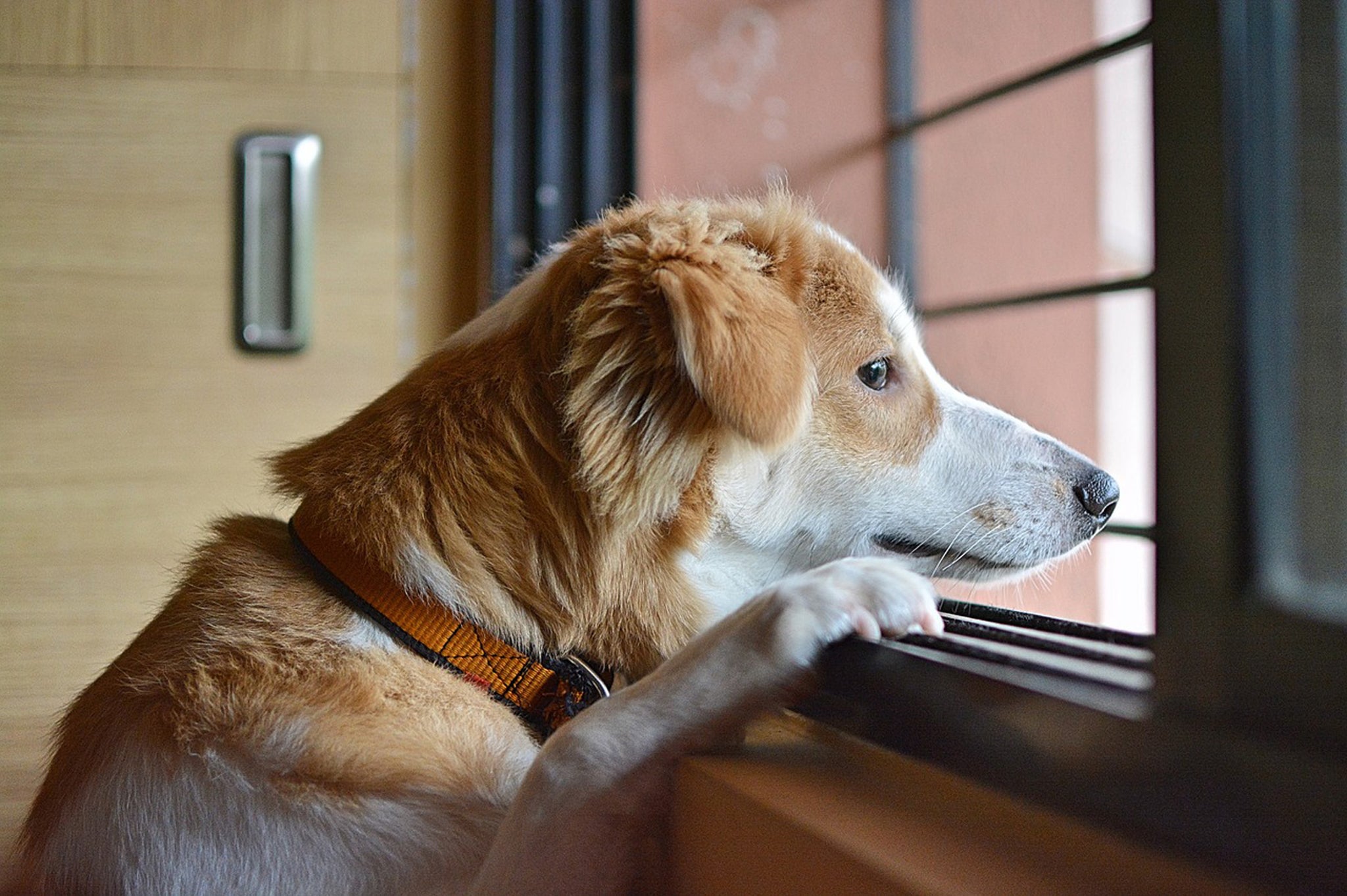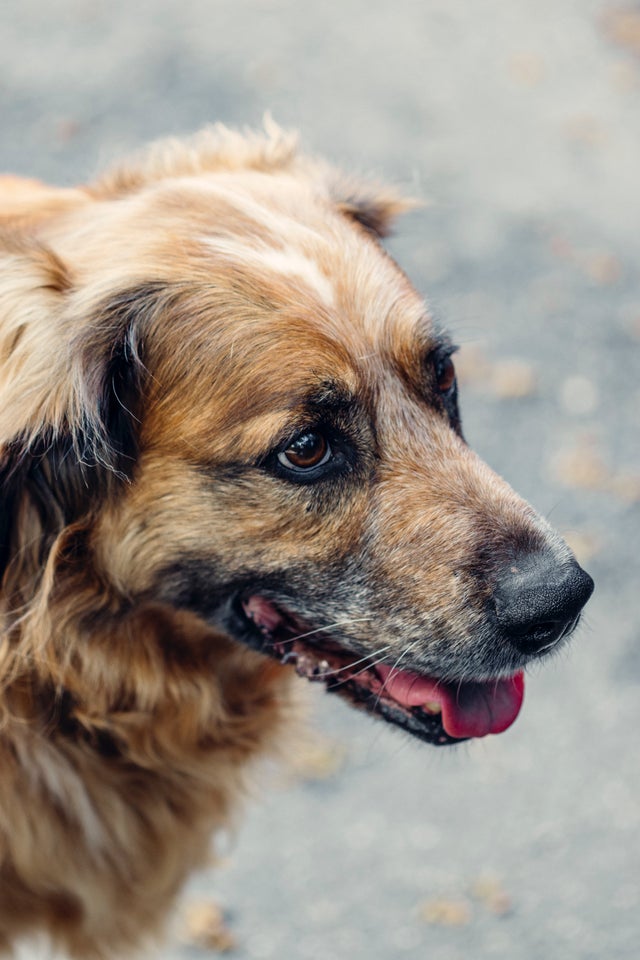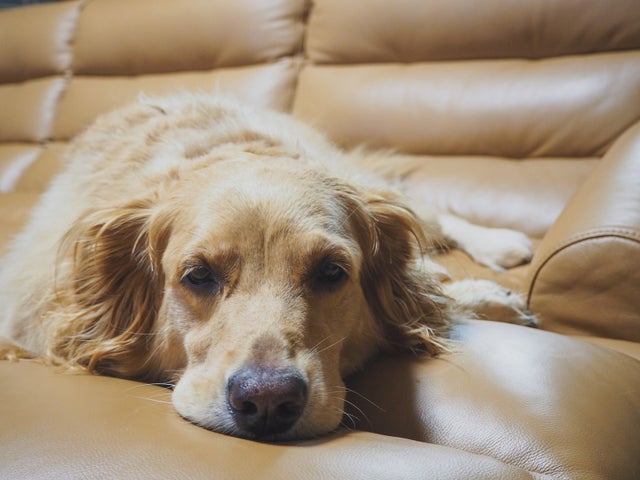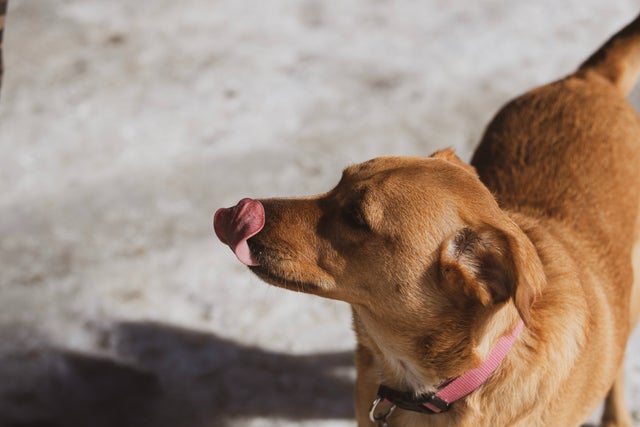We sat down with Anivive’s Director of Veterinary Affairs, Dr. Julie Dinnage, to talk about separation anxiety in dogs. Dr. Dinnage said, “If you come home and there’s urine or stool on the floor, or the pet has been destructive, we have to first consider whether this is due to a medical problem. Once we have ruled out a medical problem, then we consider if this behavior is due to a break in house training or due to separation anxiety.
What is Separation Anxiety?
The term separation anxiety refers to the behavioral issue of dogs showing signs of stress when their owner is absent. These signs may be urinating, defecating, destruction, chewing, vocalizing and pacing. These signs commonly overlap with other behavioral issues. As Dr. Dinnage mentioned, a dog’s actions can wrongly be assumed to be separation anxiety, when they might be signs of another medical or behavioral issue.
Causes
Dogs prefer normalcy and routines, so separation anxiety may occur when there are sudden changes in a dog’s life. These changes could be environmental, such as a new home or new family members. They could also be alterations in a dog’s daily schedule.
Urinating and Defecating
An anxious dog may relieve themselves in the house out of stress. However, this could also be the result of a medical issue, such as a gastrointestinal problem, urinary tract infection, kidney disease, or bladder stones for example. Consult with your veterinarian to have your pet’s health evaluated if they uncharacteristically begin to have changes in their house training.
Barking
Excessive barking or vocalization when you are away may be another sign of separation anxiety. Your dog’s vocalization could also be their reaction to seeing or hearing people or animals outside.
Destruction
A dog with separation anxiety may chew on pillows, doorframes, or other household items when their owner is gone. They may also knock over plants or items on tables. Destruction is a common sign of separation anxiety but is also a behavior seen in puppies before they are trained.
Dr. Dinnage shared tips for preventing separation anxiety in dogs. A recommended tool to figure out if your dog has separation anxiety is a video camera to monitor when their behavior occurs. If you think your dog has separation anxiety, talk with your veterinarian about ways to best help your dog.




